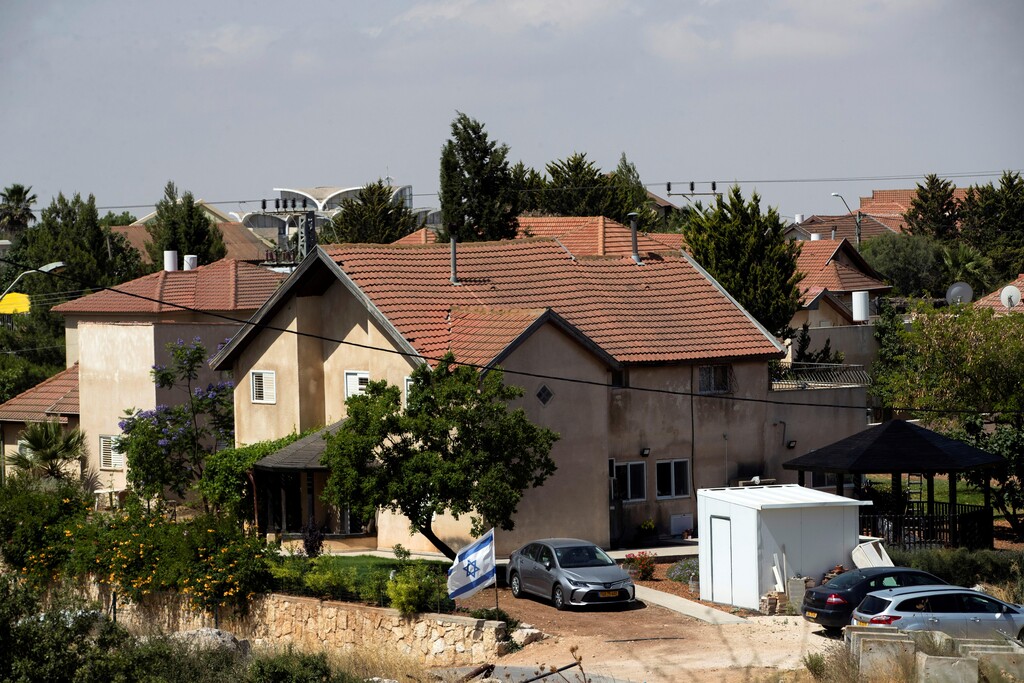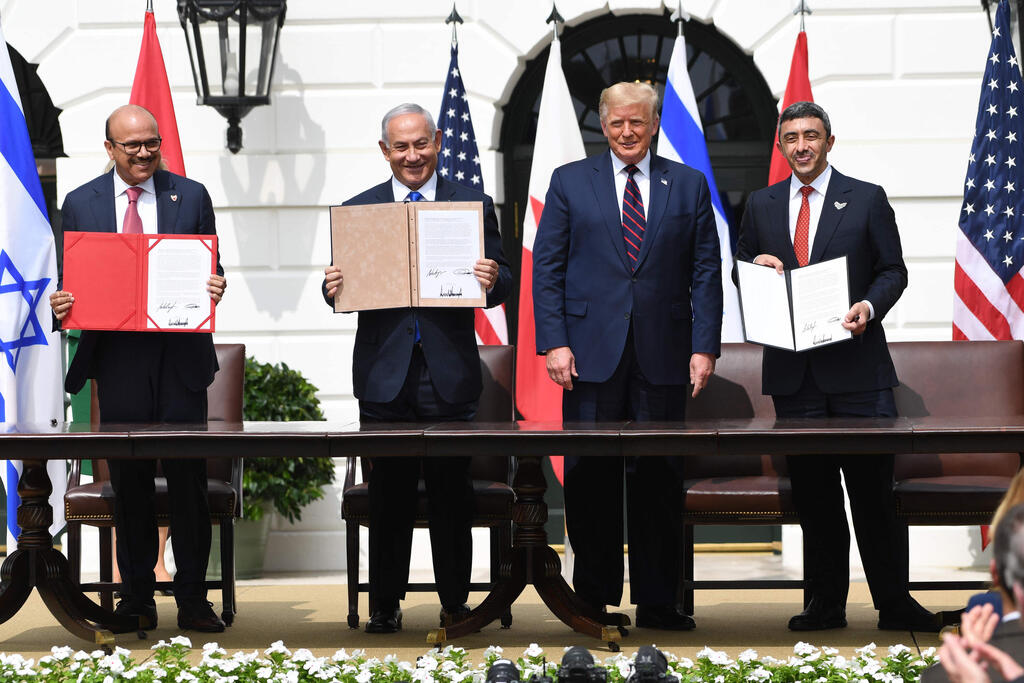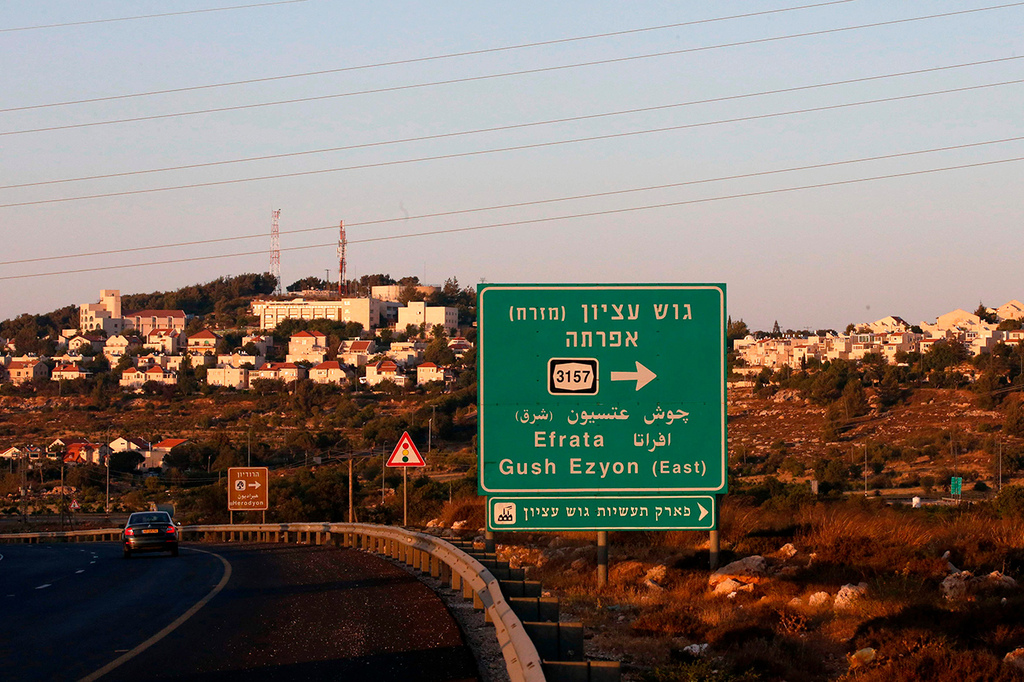Israel has approved over 12,000 West Bank homes in 2020, a record high for Jewish building in the West Bank, settlement watchdog Peace Now said Thursday.
The announcement came after the Supreme Planning Council at the Civil Administration – the highest defense ministry construction body in the contested territory - approved plans for 4,948 more housing units during a two-day meeting held Wednesday and Thursday, Peace Now said.
The latest approvals come less than a month after the United Arab Emirates and Bahrain signed agreements to normalize relations with Israel, which in return pledged to freeze its plans to extend Israeli sovereignty over swathes of the West Bank.
"These approvals make 2020 the highest year on record in terms of units in settlement plans promoted since Peace Now began holding records in 2012," Peace Now said in a statement.
"The count so far is 12,159 units approved in 2020," it added, noting that the committee might hold another round of approvals before the end of the year.
"While de jure annexation may be suspended, the de facto annexation of settlement expansion is clearly continuing," Peace Now said.
3 View gallery


An Israeli flag flutters near houses in the West Bank settlement of Otniel
(Photo: Reuters)
"These recent approvals put to rest any speculation about a de facto settlement freeze."
The Palestinians and neighboring Jordan on Wednesday condemned the recent approvals.
Palestinian presidential spokesman Nabil Abu Rudeina said Israel had exploited improving relations in the Gulf and "blind support from the Trump administration".
U.S. President Donald Trump sees the Gulf accords as part of his broader initiative for Middle East peace.
3 View gallery


L-R: Bahrain Foreign Minister Abdullatif al-Zayani, Prime Minister Benjamin Netanyahu, U.S. President Donald Trump, and UAE Foreign Minister Abdullah bin Zayed Al-Nahyan at the signing of the Abraham Accords at the White House
(Photo: AFP)
But a controversial plan he unveiled in January gave U.S. blessing to Israel to extend its sovereignty over large chunks of the West Bank, including the settlements, communities considered illegal under international law.
Israel agreed to delay those plans under its normalization deal with the UAE, something Emirati officials have cited in response to Arab and Muslim criticism.
The two Gulf countries were only the third and fourth Arab states to normalize relations with Israel, following Egypt in 1979 and Jordan in 1994, and Netanyahu has said he sees others following.
The Gulf agreements broke with years of Arab League policy on the Israeli-Palestinian conflict, which made its resolution a precondition for normalizing ties with Israel.
Excluding East Jerusalem, more than 450,000 Israelis live in Jewish settlements in the West Bank, alongside some 2.7 million Palestinians.


